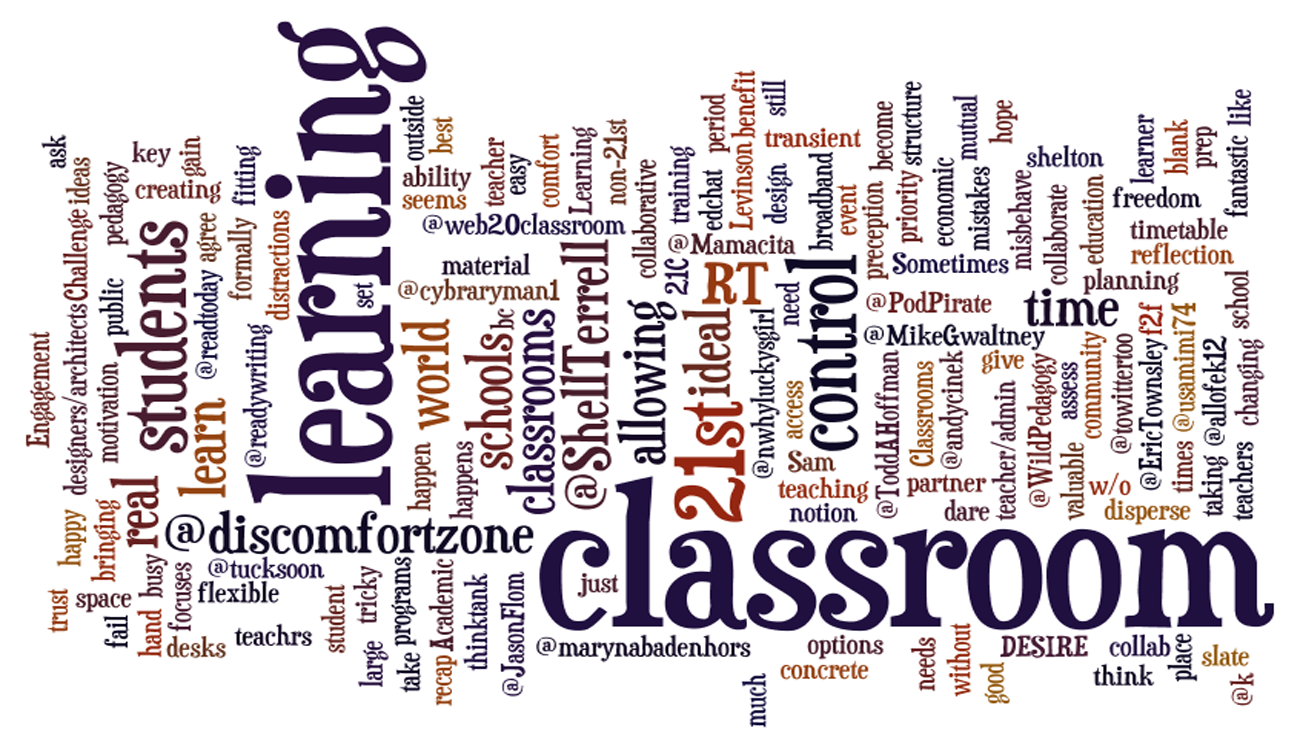
Performance of Participants on Multiple Answers Type Item in Research Methodology as a Function of Discipline, Gender and their Interaction
Abstract:
Examination is a part and parcel of Teaching-Learning Process. In examination or tests different types of question are asked by teachers. These are Essay, Short Answer, Multiple Choice, Fill-in the Blanks, and Matching Types. These are not very suitable for Open Book Examination. Multiple Answers Type Items in Research Methodology were developed for the research. It is a new type of question which can be used by school, College and University teachers irrespective of the subject taught by them. The objective of this research was to study the influence of Discipline, Gender and their interaction on Performance of participants on Multiple Answers Type Items in Research Methodology. The Hypothesis formulated in null form was there is no significant influence of Discipline, Gender and their interaction on Performance of participants on Multiple Answers Type Items in Research Methodology. This study was conducted on Sample of 423 Deans, Professors, Associate Professors, Assistant Professors, Research Fellows and Postgraduate students from 26 states and six countries. Data were collected online using WhatsApp and emails during Covid-19 period. The findings were: (1) Social Science participants were found to have better understanding of Research Methodology than Science as well as Humanities participants. Further Science as well as Humanities participants were found to similar understanding of Research Methodology. (2) Male and Female Participants were found to perform equally well on Multiple Answers Type Items in Research Methodology. (3) Performance on Multiple Answers Type Items in Research Methodology was found to be independent of interaction between Discipline and Gender of Participants.
Author(s):
DN Sansanwal, Department of Education, Devi Ahilya University, Indore, Madhya Pradesh-452001, India
DOI:
https://iie.chitkara.edu.in/index.php/iie/article/view/193
Keywords:
References:
Kothari, D.S. (1966). National Education Commission, MHRD, New Delhi.
Sansanwal, D.N. & Tyagi, S.K. (2011). Multiple Discriminent Type Item – A New Weapon in Testing Arsenal. GCTE Journal Of Research And Extension In Education, 6(1), 48–57.




